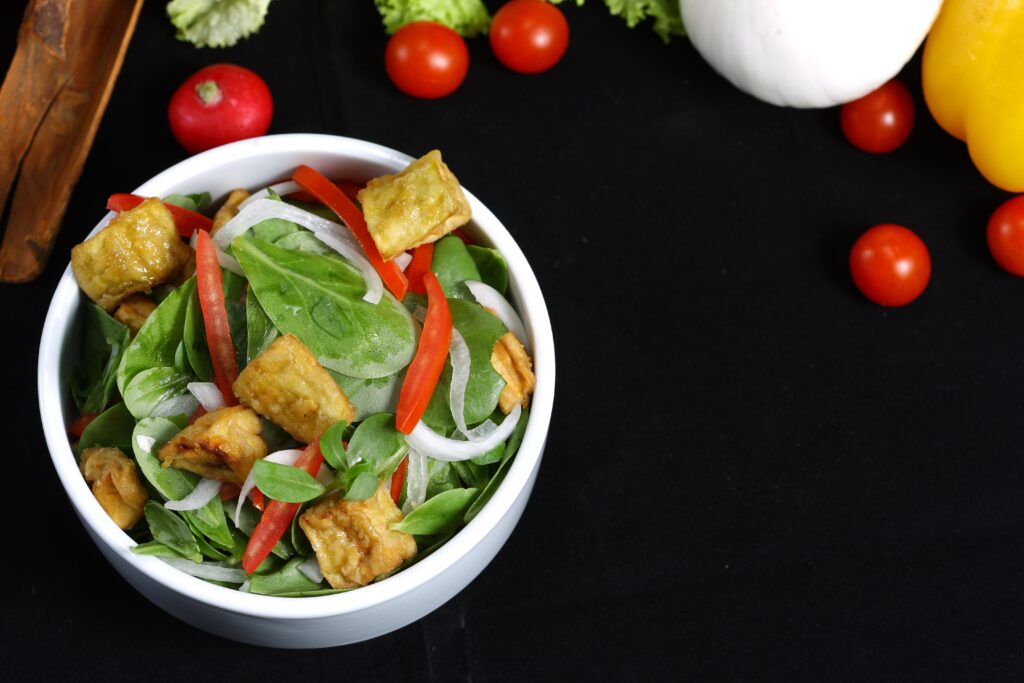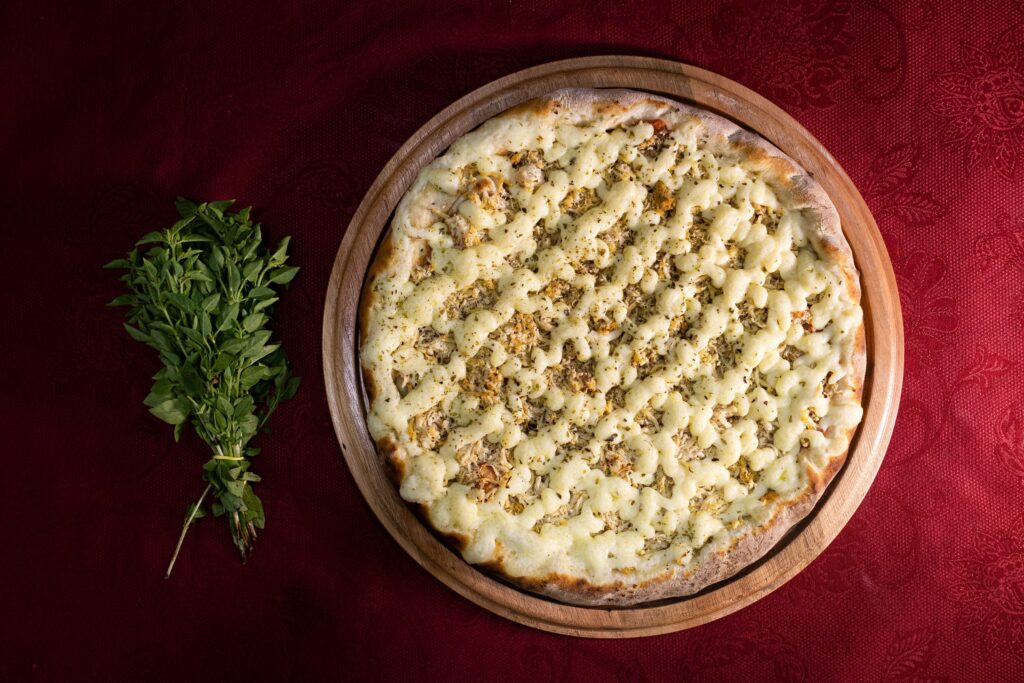Chickpea curry provides a variety of vitamins and minerals, as well as a decent amount of carbs fibre, and protein. A 1-cup serving of chickpeas contains 14.5 grams of protein, 4.3 grams of fat, and 45 grams of carbohydrates. Approximately 67% of the calories in chickpea comes from carbs, while the rest comes from protein and fat.
Overconsumption of chickpea curry can therefore cause spikes in blood sugar levels. It can also lead to hyperglycemia in diabetics. Thus, despite being a plant-based protein it has a low food score.
Optimise Your Chickpea Curry With These Hacks
• Portion control to 30 grams of curry and low-carb options like cauliflower rice or black rice.
• Try adding 100 grams of cooked protein like paneer, soya chunks, chicken, and fish for additional stability in glucose values.
• You can add a veggie starter like okra, to the meal to delay glucose absorption and see stability.
Protein delays gastric emptying rate and does not raise your blood sugar rapidly. The carbohydrates in chickpeas cause a spike and lead to hyperglycaemia despite a fairly low GI. Pairing it with appropriate low-carb or protein-rich food will keep the spikes in control since protein delays gastric emptying rate and does not raise your blood sugar rapidly.







